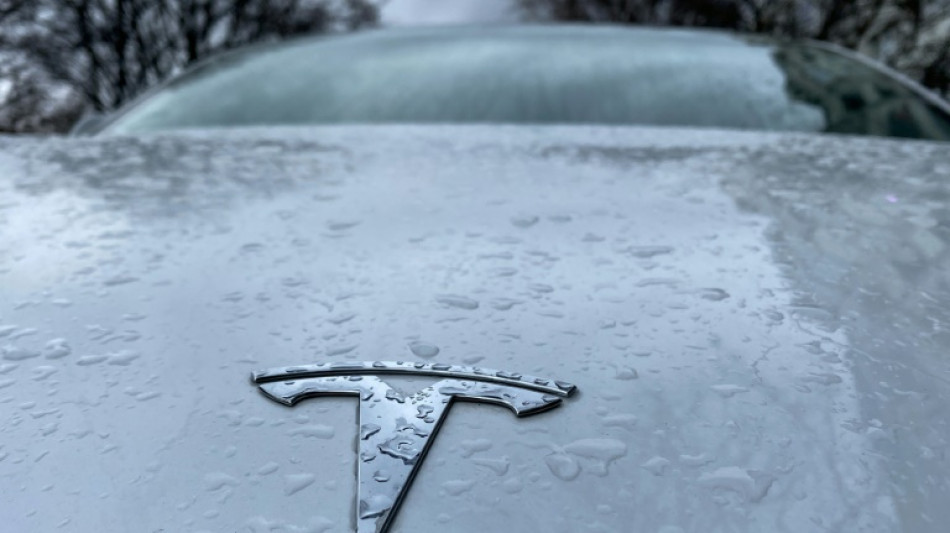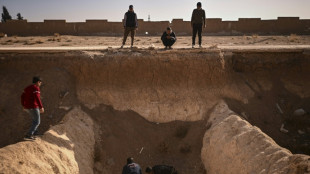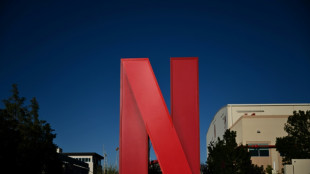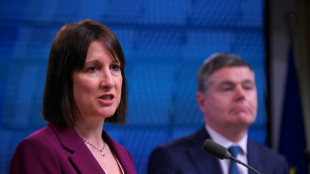

Tesla awaits green light to start production at German plant
After a series of administrative delays, US electric car pioneer Tesla is on the verge of receiving the go-ahead from German authorities on Friday to begin production at its "giga-factory" outside Berlin.
Officials in the eastern state of Brandenburg, where the factory is located, look set to confirm their approval at a press conference in Potsdam at 3:30 pm (1430 GMT), according to local reports.
The plant, in Grueneheide, to the southeast of Berlin, is slated to produce 500,000 vehicles a year.
Announced with much fanfare in November 2019, the project was warmly received by politicians in a country proud of its car-making tradition.
Elon Musk's Tesla benefited from an expedited preliminary approval process, allowing it to begin construction before receiving the final planning permission.
But the American manufacturer's early momentum was broken by a series of legal and administrative difficulties, in part prompted by angry locals with concerns over the environmental impact of the site.
- Protected lizards -
Together with national NGOs Nabu and Gruene Liga, residents did everything to stand in the way of the project, organising protests, making court appeals and writing open letters.
In 2020, courts ordered Tesla to stop work at the site after a complaint by local associations fearing the destruction of the habitat of endangered lizards and snakes.
The plant's massive demand for water was also a sore point for residents in an area that has been hit by summer droughts in the last three years.
On Friday, judges could also hand down a decision in a case brought against the local administration, which plans to pump out more water to use at the plant.
Under pressure from environmentalists, authorities were careful to examine the case closely, delaying the arrival of planning permission.
Setbacks also gave Tesla the opportunity to amend its application, adding a massive yet-to-be-built battery plant next to the main factory.
Concerns over the build were dismissed by Tesla's rockstar CEO Musk, who sought to win over locals by hosting a country fair on the factory grounds in October.
Thousands were in attendance at the event, where Musk declared his intention to begin production in November or December of this year.
The earlier target may have been achieved were it not for the extension of a public consultation deadline from mid-October to the end of November due to an administrative error.
"Seriously??!!" was the tweet Musk sent in response to the new delay, having already voiced his frustration at Germany's slow bureaucratic processes on several occasions.
- Works council -
Had approval for the plant not been given, the costs for dismantling the work that had been done would have fallen on Tesla.
Production at the factory should begin almost immediately with Tesla having already made a "limited" number of vehicles in a test, a spokesman told AFP.
Tesla's next challenge is to find workers, while businesses in Germany are contending with shortages of skilled labour.
What employees there are at the factory have seen to the organisation of a works council, against the American carmaker's protestations.
The shop-floor organisation is common to German industries, and hands workers a degree of influence over corporate decision-making.
Elections to the works council, which took place at the end of February, were nonetheless won by representatives of "Gigavoice", which is closer to management.
Currently between 2,500 and 3,000 people work at the plant, according to union sources, primarily more senior members of staff.
In time, the figure should rise to 12,000, according to local press reports, a figure which has not been confirmed by Tesla.
O.Leclercq--JdB



